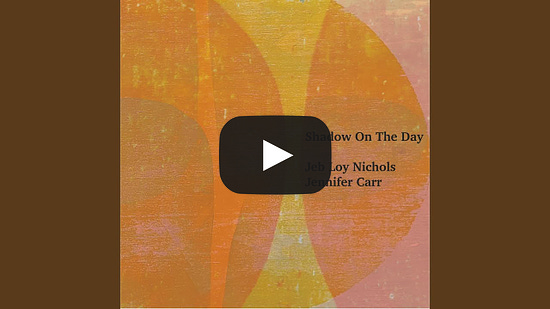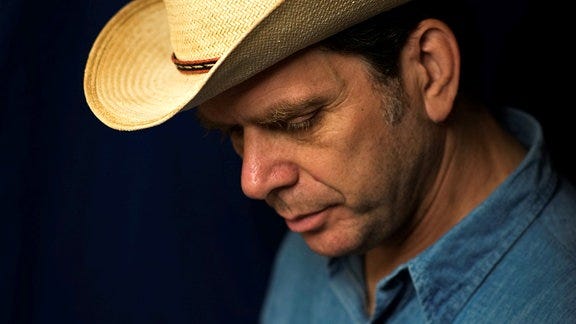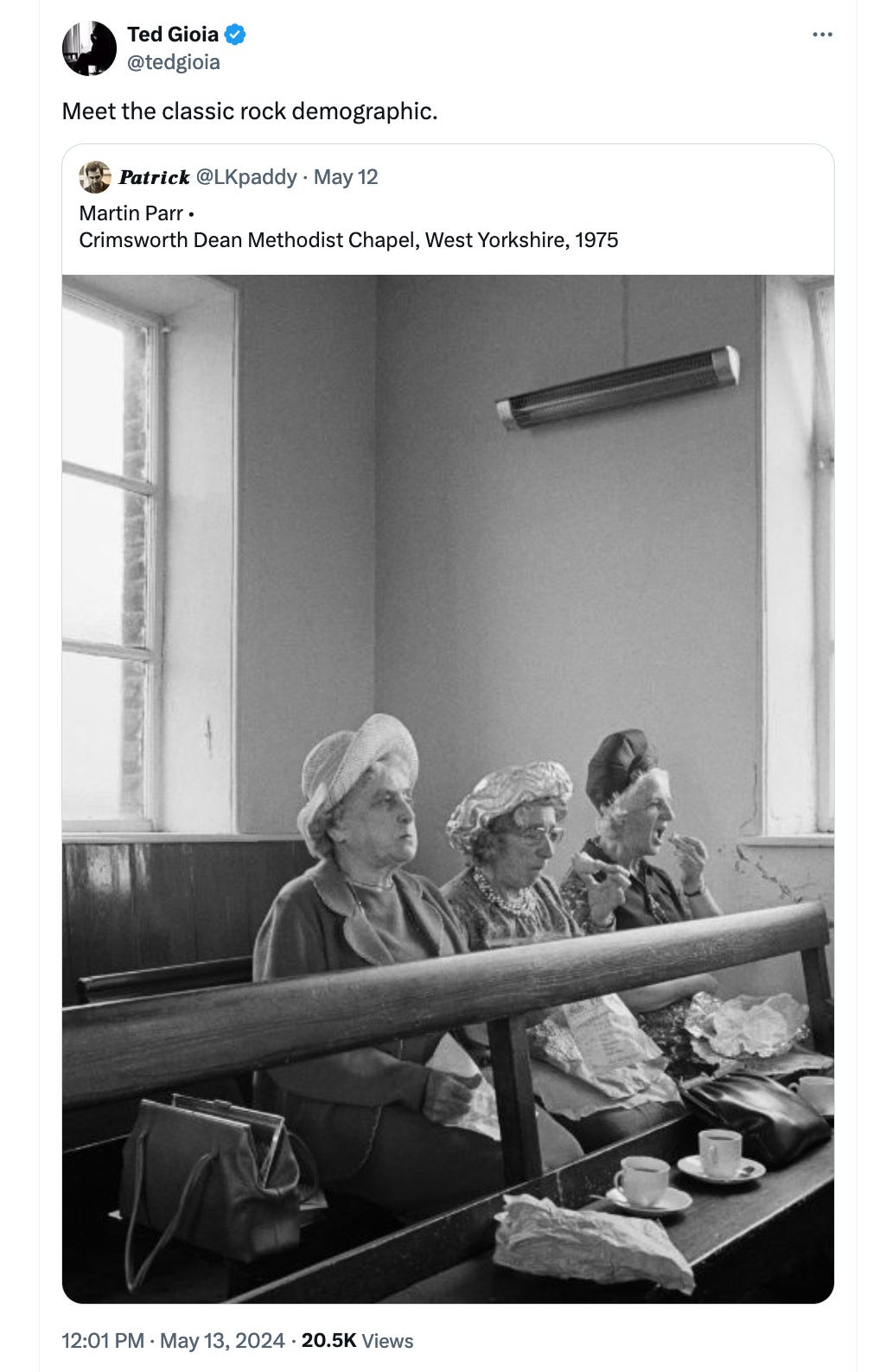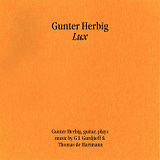Here’s my latest roundup of outstanding new albums. As usual, I live in a world without borders, and cover a wide range of genres, styles, and geographies. I can confidently claim that this music (with a couple exceptions) won’t get covered in Rolling Stone. Or any other major media outlet, for that matter. So these licorice pizzas are just a secret between you and me. But you have my permission to share our insider tips with a few trusted friends. Happy listening! If you want to support my work, please take out a premium subscription (just $6 per month).Jeb Loy Nichols & Jennifer Carr: Shadow on the Day You can’t get more back-to-basics than this. Take a piano, a singer, and a love song. Musicians have been doing it for centuries, and always will. But few handle it as convincingly as singer Jeb Loy Nichols—born in Wyoming and now living in Wales—who is joined by his longtime associate, Australian pianist Jennifer Carr. This is one of the best albums you will hear in 2024, but it’s totally hidden from view. When I first discovered this track, it only had 28 views on YouTube. That’s a lover’s crying shame. But don’t you miss out.  Tom Penaguin: Tom Penaguin I sometimes make jokes about aging rock stars and their fans. It’s all in good fun—I’m really laughing at myself, because I’m part of the same demographic. But a few rockaholics do get riled up by my jests. But here’s a young prog rock musician releasing a self-titled solo album, and it’s no laughing matter. So I’m cheering from the pews. Tom Penaguin is his name, and he doesn’t mess around. Tom has built a retro analog studio in his home, drawing on his personal collection of vintage equipment. And he needs plenty of it—because he plays guitar, drums, piano, organ, and various museum-ready keyboards, including:
He plays them with total commitment. As a jazz snob, I sometimes look down on rock solos. But not this time. These tracks sizzle, and sometimes at great length. If you’re a fan of Zappa or Wakeman or the Canterbury sound, this will be your cup of scalding hot tea.
Gunter Herbig: Lux This music represents the fringe of a fringe. The story starts with G. I. Gurdjieff (1867-1949), a Greek-Armenian spiritual teacher with a small but devoted cult following. Some might even call him a philosopher, but his writings are too mystical to get accepted in university philosophy departments. If I’d ever mentioned Gurdjieff’s name at an Oxford philosophy tutorial, my teacher might have slapped me—and we’re not talking symbolic Zen slaps. Yet 75 years after Gurdjieff’s death, his work is still read and quoted by his fringe devotees. But even more esoteric is Gurdjieff’s music—although he has had some famous advocates, notably Keith Jarrett, who devoted an entire album to the mystic’s compositions. Jarrett relied on Thomas de Hartmann’s piano transcriptions, and now they have been adapted to electric guitar by Gunter Herbig. That’s a complex genealogy for this music. But the compositions themselves feel like they have finally found a home with Herbig’s Gretsch White Falcon G7593. This music is both haunting and inspiring. But you will have to seek it out, because this is far outside the realm of radio rotations and promoted playlists.
Keep reading with a 7-day free trialSubscribe to The Honest Broker to keep reading this post and get 7 days of free access to the full post archives. A subscription gets you:
|
Search thousands of free JavaScript snippets that you can quickly copy and paste into your web pages. Get free JavaScript tutorials, references, code, menus, calendars, popup windows, games, and much more.
Ten New Albums I'm Enjoying Right Now
Subscribe to:
Post Comments (Atom)
I Quit AeroMedLab
Watch now (2 mins) | Today is my last day at AeroMedLab ͏ ͏ ͏ ͏ ͏ ͏ ͏ ͏ ͏ ͏ ͏ ͏ ...
-
code.gs // 1. Enter sheet name where data is to be written below var SHEET_NAME = "Sheet1" ; // 2. Run > setup // // 3....





No comments:
Post a Comment